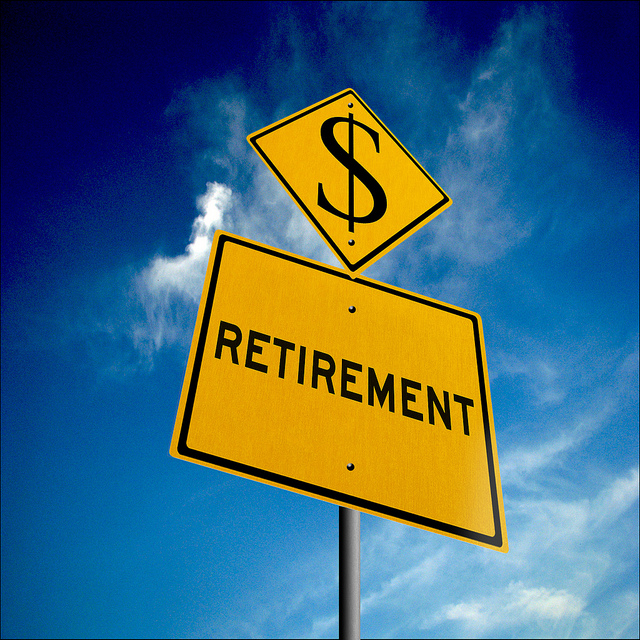
Creating several budget projection spreadsheets was critical, if I ever wanted to maintain a positive monthly cash flow during my retirement years. Since I had decided to retire early, I would only receive a substantially reduced pension from what I could have earned had I waited until I was 65. Thus the reason to sharpen the pencil and to balance the books accordingly.
Defined Benefit Plan
Clearly there is a huge trade off to be made here – retire early with less fixed monthly pension income vs. retire later with a larger fixed defined benefit pension. Some fixed income pension plans are indexed to inflation, at least to some degree. My decision was to ensure I had sufficient time to enjoy my retirement at a younger age and allow me to pursue other post retirement opportunities. Thankfully, I had also saved some money through the Registered Retirement Savings Plan which I could draw on in case of any unexpected emergency type expenses.
Reduced Expenses
Before any possibility of balancing the retirement budget, I had to first pay off any outstanding debt. Thankfully after 30 years of working, I was finally able to pay off the house mortgage. What an incredible relief that was.
However, I also knew I had to and could reduce my post retirement monthly expenses in the following areas:
- Travel to/from work
- Work lunches
- Contributions to a Registered Retirement Plan
- Short and Long Term Disability Insurance
- Employment Insurance
- Life Insurance
- Contributions to the company’s matching savings plan
- Donating our second automobile to my daughter to reduce maintenance, licensing and auto insurance expenses
- Income taxes, given a lower marginal tax bracket with a reduced pension income
Then with a few more discretionary budget item cuts, I actually managed to balance the post retirement budget. The challenge of course was to execute on that budget plan. Then at age 60, both my wife and I decided to start collecting our Canada Pension Plan, albeit a reduced one, actually a 30% reduced one (6% for every year under the age of 65). Again we both wanted to ensure we enjoyed our early retirement to the fullest and not wait for the increased payout later on. I’m pleased to say, that after 8 years in retirement, this decision has proven to be a successful one to date.
Defined Contribution Plan
Alternatively, more and more people are managing their own pension plan through payroll deductions into a Defined Contribution Plan which in many cases the company will match that contribution. However, the plan is entirely managed by the employee and not the company, as is the case with the Defined Benefit Plan mentioned above.
The challenge is for the retired employee to determine how much to draw down or spend down on the total retirement investment portfolio. Some experts say to draw down 4% per year on the total value of the retirement savings portfolio. That’s a fairly simplistic approach given earning fluctuations in the market place and annual inflation.
Perhaps a better approach would be to draw down a fixed amount to begin with and then add an inflation percentage increase year over year. For example, if your retirement income requirement was $40,000 annually, then you could increase that amount by 3% per year to account for inflation which means in year two, you would need to draw down $41,200. Either way, you would need at least a retirement savings portfolio in excess of $1M to ensure you wouldn’t outlive your retirement savings portfolio. The approach of reducing post retirement expenses would still need to apply.
I realize that I have described two types of retirement pension plans which would likely be applicable to many. However, I would be remiss if I didn’t mention that some will chose a different route entirely. One that would involve mini-retirements. By that I mean, the entrepreneurs who own their own business could decide to take extended vacations, sabbaticals or mini-retirements to travel the world, for example, to regenerate themselves and then return to manage their business. This approach could continue for many years and for some well beyond the age of 65, given a lengthy and healthy life.
This is a lifestyle that I am unfamiliar with but would love the chance for a do over. That would clearly fall into the would have, could have and should have category. However, if you have the opportunity to be a successful entrepreneur where you can run your own business remotely, with little effort, by all means take a close hard look at this retirement option. After all, we need to be happy and excited about our life in whatever retirement approach we take.